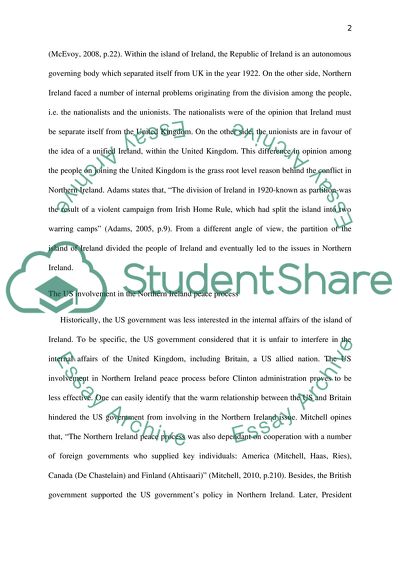Cite this document
(“Analysis of Historical of International Conflict Research Paper”, n.d.)
Analysis of Historical of International Conflict Research Paper. Retrieved from https://studentshare.org/history/1780027-case-studies-in-international-conflict
Analysis of Historical of International Conflict Research Paper. Retrieved from https://studentshare.org/history/1780027-case-studies-in-international-conflict
(Analysis of Historical of International Conflict Research Paper)
Analysis of Historical of International Conflict Research Paper. https://studentshare.org/history/1780027-case-studies-in-international-conflict.
Analysis of Historical of International Conflict Research Paper. https://studentshare.org/history/1780027-case-studies-in-international-conflict.
“Analysis of Historical of International Conflict Research Paper”, n.d. https://studentshare.org/history/1780027-case-studies-in-international-conflict.


